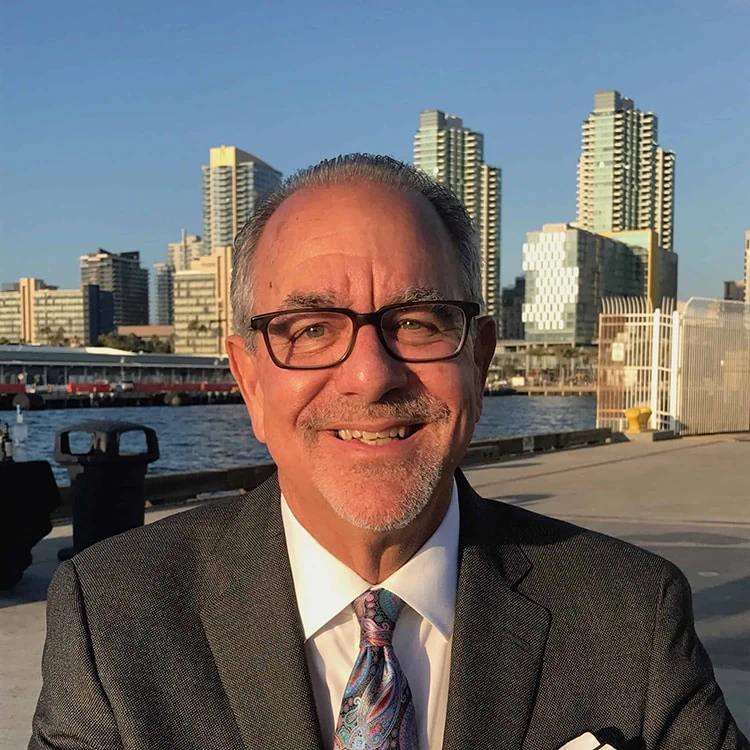
When a Quick Surgery Leads to a Lifelong Struggle
Surgery has become routine in the United States. It’s likely you’ve had at least one, as well as know several friends or loved ones who underwent one in the last year. The American College of Surgeons states that Americans can anticipate having multiple surgeries throughout their lifespan, with more frequency the older they get.
In most cases, we welcome surgery to help alleviate incredible pain or address chronic illnesses. We even celebrate different breakthroughs and treatment options.
While our ability to medically intervene and pursue life-saving operations is at an all-time high, there’s a terrible side effect plaguing the nation. When it comes to post-surgery recovery, the prescription drugs doctors thought were helping patients are creating a dangerous—and deadly—impact.
Opioid addiction.
The Perfect Storm
This new epidemic facing the nation grew from several variables all intersecting. Culminating from a society always looking for quick fixes, we clamored for new and better painkillers. Paramedical companies, striving to stake their claim in the $300 billion pain medication industry, worked on overdrive to fill the market needs.
Unfortunately, what they came back with turned out to be a highly addictive painkiller. Later referred to as opioids, drugs like OxyContin®, hydrocodone, Vicodin®, codeine, and others create a similar “high” to heroin. Just like the toxic drug, these prescription painkillers exhibit addictive tendencies.
Despite early warning signs, the truth was hidden. Recent investigative journalism pieces from the Los Angeles Times indicated that Purdue Pharma turned a blind eye to activity indicating drug cartels were exploiting their painkiller through pill mills.
Meanwhile, doctors, not aware of the addictive tendencies, wrote countless prescriptions across the nation: 207 million prescriptions to be exact. That was just in 2013, according to DrugAbuse.gov.
Just in case patients needed more relief to get through their recovery, doctors prescribed a little extra of drugs like Vicodin, Opana, and even hyper-potent painkillers like Fentanyl. Health.com cites a study indicating 99% of doctors write “prescriptions that exceed the federally recommended three-day dosage limit” when doling out narcotics.
This left innocent patients in the oftentimes fatal crosshairs. Following doctor’s orders, they diligently took what would for millions be the prescription that launched their fierce, and frequently deadly, drug addiction.
Changing the Face of Addiction
Targeting an entirely new population, and in truth making millions susceptible to something they would have never sought out on their own, the opioid epidemic spread rapidly throughout the country. Rather than remaining primarily in the cities, rural communities seem to be taking the biggest hit.
This rapid and deadly spread has led the U.S. Department of Health and Human Services to officially declare that "the United States is in the midst of a prescription opioid overdose epidemic.”
Signs It Has Gone from Relief to Dependency
As we mentioned at the beginning, it’s likely that you or a loved one have undergone surgery in the last several years. Thousands of patients go under every day with the hope of coming out the other side whole.
At Confidential Recovery, we want to ensure that is the reality.
Everyone who has been prescribed narcotics as part of their recovery, and by virtue of simply following doctor’s orders, now runs the risk of falling into the trap of substance abuse.
When a loved one starts turning to their pain medication too often or running out well before they should, red flags go up. This progresses to an increased tolerance, which sends them out to look for other routes to obtain painkillers. Financial trouble also follows someone seeking alternative means to self-medicate.
Without an increased supply, withdrawal symptoms will creep up. That can include things like low energy, irritability, hot and cold sweats, and nausea.
If you start to see those signs, you need to seek expert help for your loved one.
Getting Help Early in the Process
If you’re concerned, or even not sure if what you are seeing are red flags, call or text our team today. We can help you decipher the signs, find the best next steps, and walk you through getting your loved one the help they need.
Call (619) 452-1200 or Text (619) 993-2738
Should your loved one need treatment, know you are in good hands with Confidential Recovery. We specialize in treatment for professionals needing recovery support with the utmost discretion. Our out-patient program allows individuals to continue working while addressing substance abuse head on.
Call today to see how the team at Confidential Recovery can help reduce the lasting harm of opioid abuse and put you and your loved one back on track for a healthy and fulfilling life.
Categories
Addiction News news

